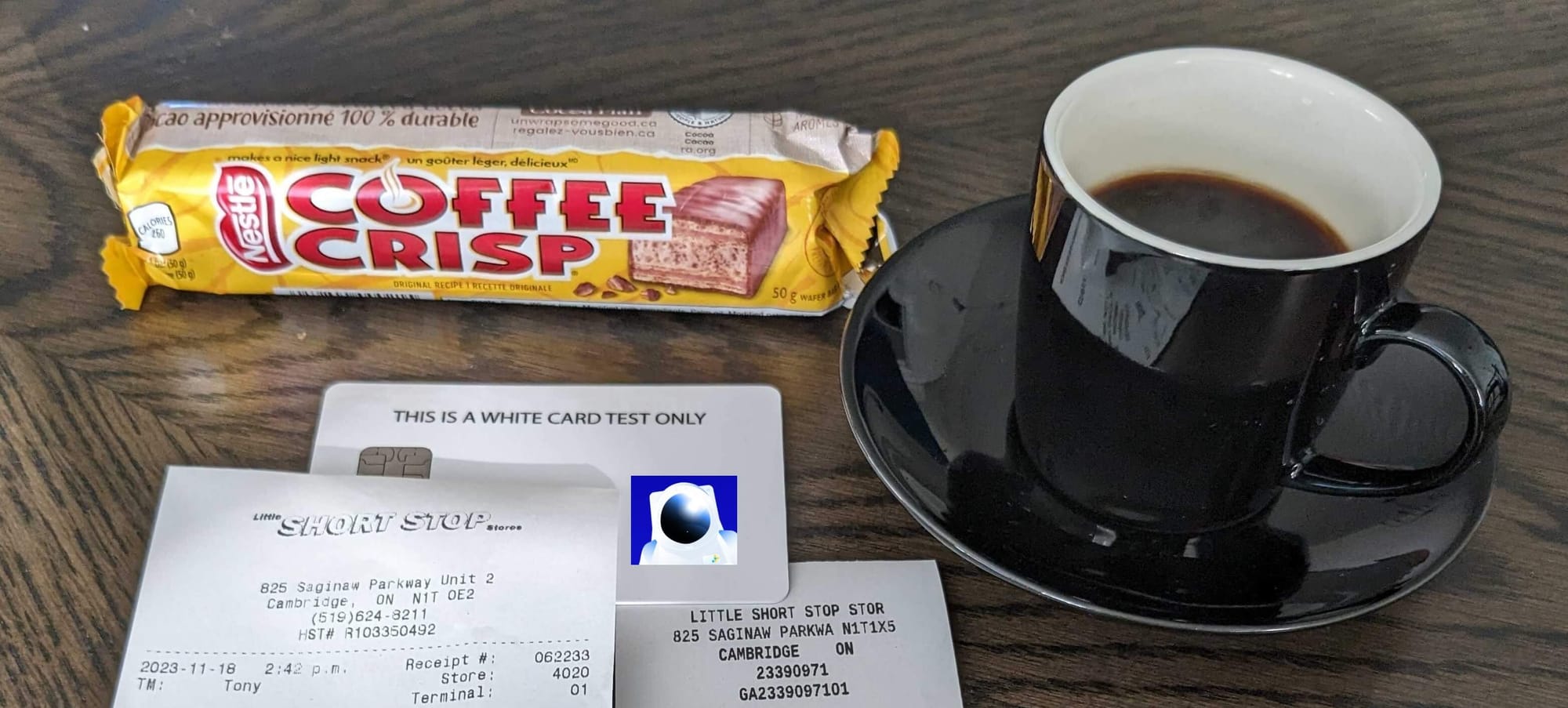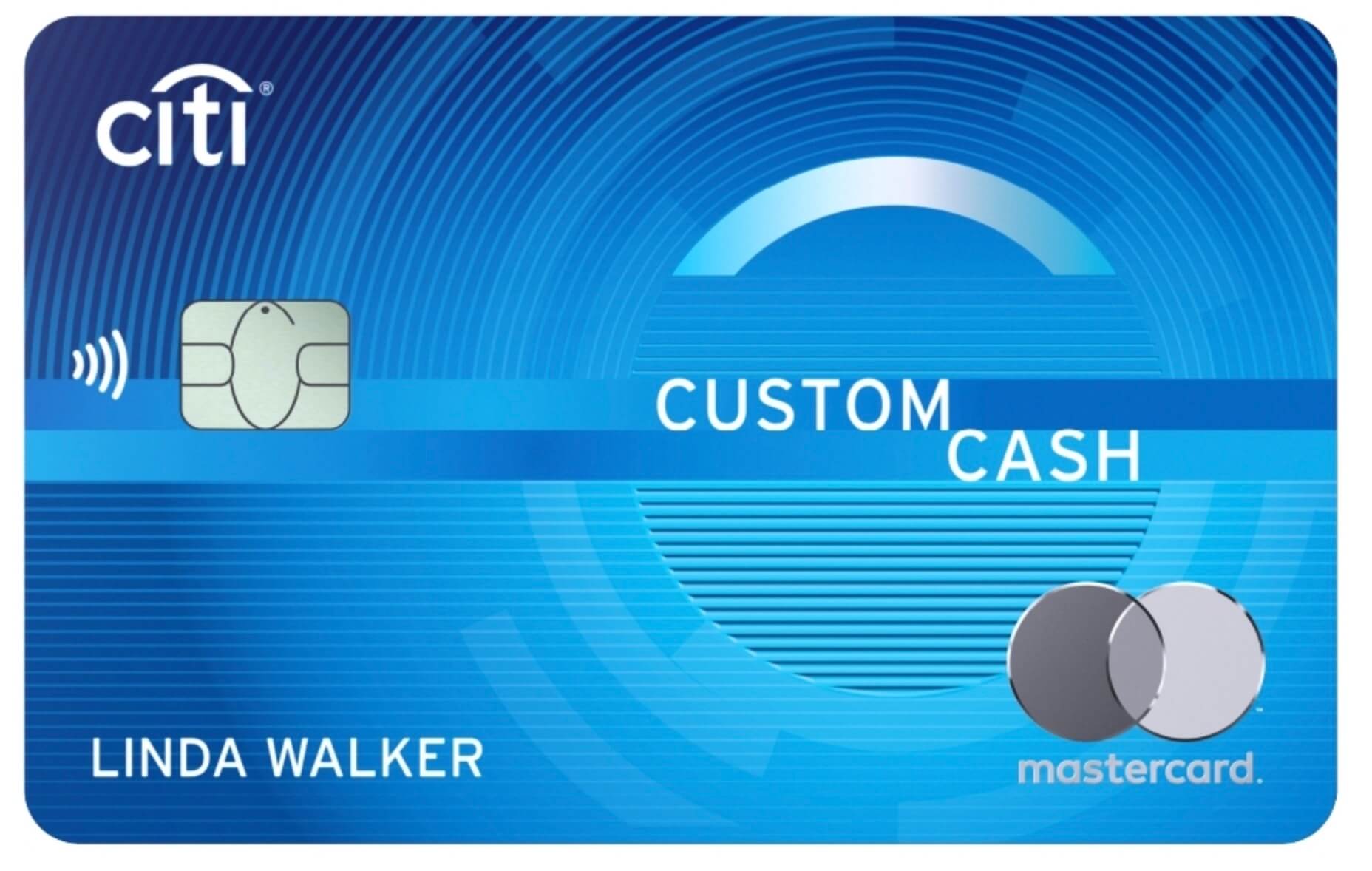CardsFTW #88: 2024 Predictions
Plus, Synctera Heads North, Another Payment Anti-Trust Suit, and More
Programming Note
You may have noticed a few formatting changes. We’ve migrated CardsFTW from Substack to our own cloud environment and are publishing with Ghost. If you want to read more about why I am making this decision, you can read more on my personal blog.

2024 CardsFTW Predictions
Everyone is making predictions for 2024, and people keep asking me for mine. So here are 4 predictions for 2024 for cards.
Provider Consolidation Will Continue
Last year, we saw deals like Rize, Apto, and Bond, each being acquired by a larger payments company. In 2024, I expect the acquisition or shutdown of at least two more BAAS providers. I also expect at least two CCAAS providers to fail or be acquired.
Early-Stage Financing Will Be Strong
Early-stage fintech funds have capital to deploy and don’t care too much about the economic cycle. If you’re funding a company today, it won’t exit for 7-10 years. We’ll be somewhere else then. In addition, I agree with Secretary Yellen: soft landing achieved. I expect a good year (barring some bizarre political situation).
New Credit Card Programs Will Be Everywhere
I expect more than six new consumer credit card programs to launch in fintech this year. Yes, interest rates are causing challenges. I keep saying that 2010-2020 was the decade of challenger debit. 2020-2030 will be the decade of challenger credit.
Credit Card Surcharging Will Also Be Everywhere
Sad but true, many more consumer-focused businesses will start surcharging for credit cards (e.g., a 3% acceptance fee). I don’t think businesses should do this, but I’d be curious to see someone try an in-between (e.g., 1% vs. 3%). That said, many businesses want relief, and the ubiquity of SAAS platforms that provide all of the payment routing will make this much more commonplace.
We’ll check in at the end of the year and see how I did!
Synctera Heads North
Synctera is a BAAS platform platform started out of the Diagram Ventures studio. As Diagram is a Canadian venture studio, we shouldn’t be too surprised by Synctera launching Canadian services. Other investors in Synctera include Diagram-related Portage Ventures (also Canadian) and a number of US banks, plus Mastercard.

There are not a lot of Canadian BAAS platforms. Canada’s banking environment is quite different than the US, with a handful of banks versus our more than 5,000. My family is Canadian, so I do have a soft spot for following this. Neo Financial, which offers a direct-to-consumer card product, provides BAAS services, as does Brim Financial, which offers its credit-cards-as-a-serivce platform in both the US and Canada.
If you want to learn more about Canadian fintech, I recommend Tal Schwartz’s Canadian Fintech newsletter at https://canadianfintech.substack.com/.
Another Anti-Trust Suit
We can’t seem to stop noticing anti-trust suits in payments. The latest is Apple being sued alongside Visa and Mastercard for Apple Pay. My favorite note, per the linked Reuters article, is “The complaint said Visa and Mastercard had paid Apple what amounted to a “very large and ongoing cash bribe” of hundreds of millions of dollars a year.”
A bribe!
Ugh.
Guess what retailers? If you don’t want to accept Apple Pay, don’t.
“Custom Cards”
I am noticing a trend in rewards that strips away the pre-defined accelerated rewards categories (for example, 3x points at gas stations).
Instead, you can either choose (Bank of America Customized Cash Rewards Card) or it is automatically chosen for you (Citi Customized Cash Card). Customers want to earn rewards, but I guess they don’t really want to think about it. The Citi card sounds good, but the limit in the top category is only $500 per month, which doesn’t seem like a lot. Bank of America’s is $2,500 per quarter or $833 per month. I keep my BofA setting to “online shopping,” which is quite lucrative.

Startup HM Bradley did something similar with their consumer card product before they shut it down. The economics here seem really challenging, although I can see the marketing appeal for big banks. Does a customized/changing reward appeal more to you?
Do You Deserve a Provider?
As the BAAS world has contracted over the last 12-15 months and regulatory enforcement actions have increased, finding a deal to build a payment card product is getting much harder. At Totavi, I routinely help companies conduct vendor selections in this space, and many vendors are turning down various use cases/products.
Founders who cannot get an offer to build a product or who are told they need to prove something more (e.g., raise more, raise from tier one investors, build some other product first, etc) talk about how they feel they deserve an opportunity.
I don’t think anyone deserves the opportunity to build a payment card via a BAAS platform or fintech sponsor bank. Frankly, it should be very, very hard to gain access to the banking system. We need more protections, not less!
Sometimes, you simply can’t build the product you want to. It’s sad. I get it. I have had the networks block my idea, too. You just have to pivot and go build something else.
Me, Elsewhere
Big month on the PR Front!
I wrote an article for This Week in Fintech’s Signals newsletter about the benefits and drawbacks of various embedded finance approaches.
I appeared on Lithic’s Fintech Layer Cake podcast, discussing Cards, Real-Time Payments, and Credit Trends.
I was quoted in U.S. News and World Report about APRs.
CardsFTW
CardsFTW is a weekly newsletter, released most Wednesdays, that offers insights and analysis on new products in the credit and debit card industry for both consumers and providers. CardsFTW is authored and published by Matthew Goldman and Ellen Perl of Totavi, LLC. Totavi is a boutique consulting firm specializing in fintech. We bring real operational experience that varies from the earliest days of a startup to high-growth phases and public company leadership. Visit www.totavi.com to learn more.
*Indicates a company where Totavi, LLC has a business relationship. This article contains an affiliate link.
